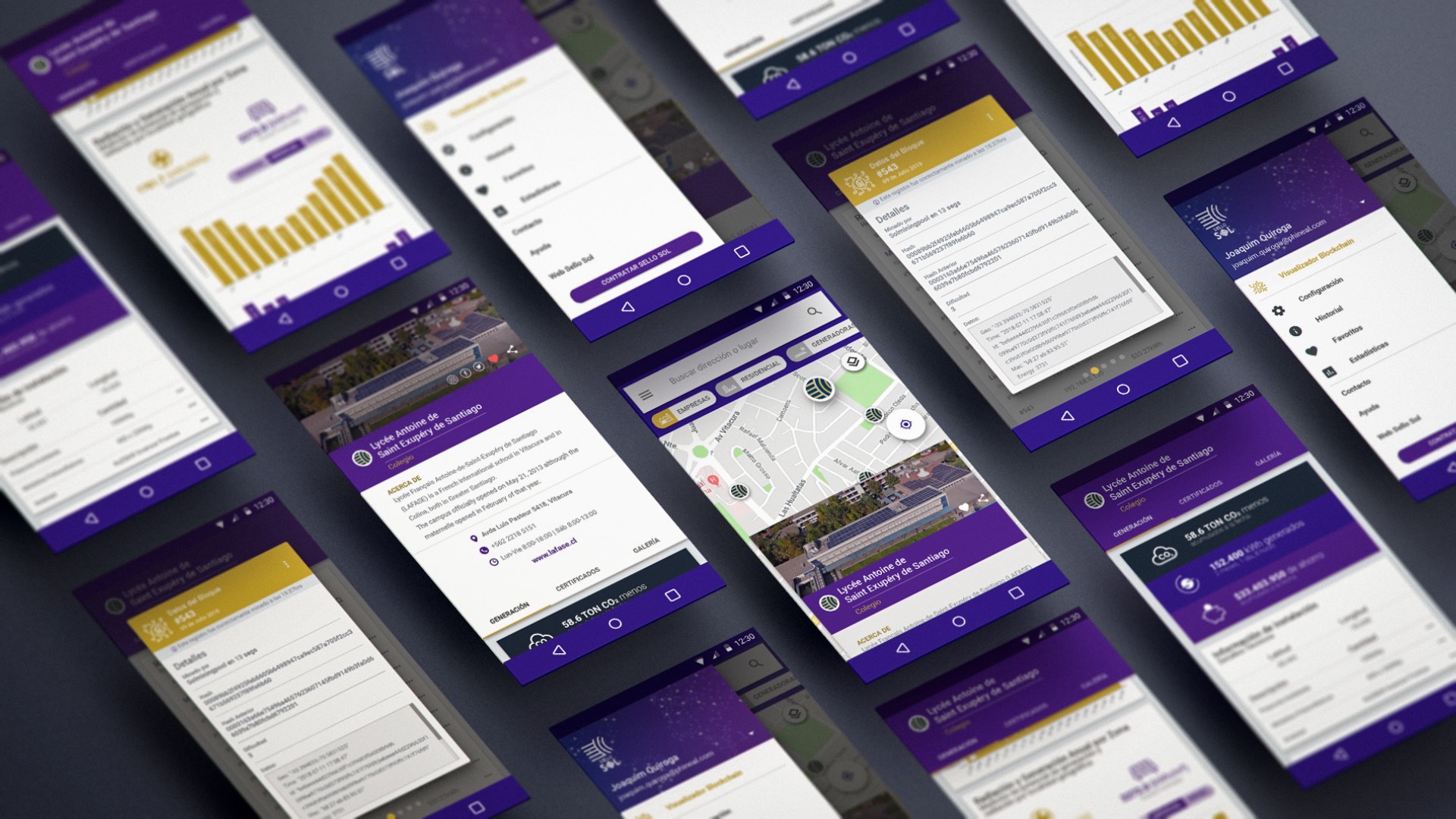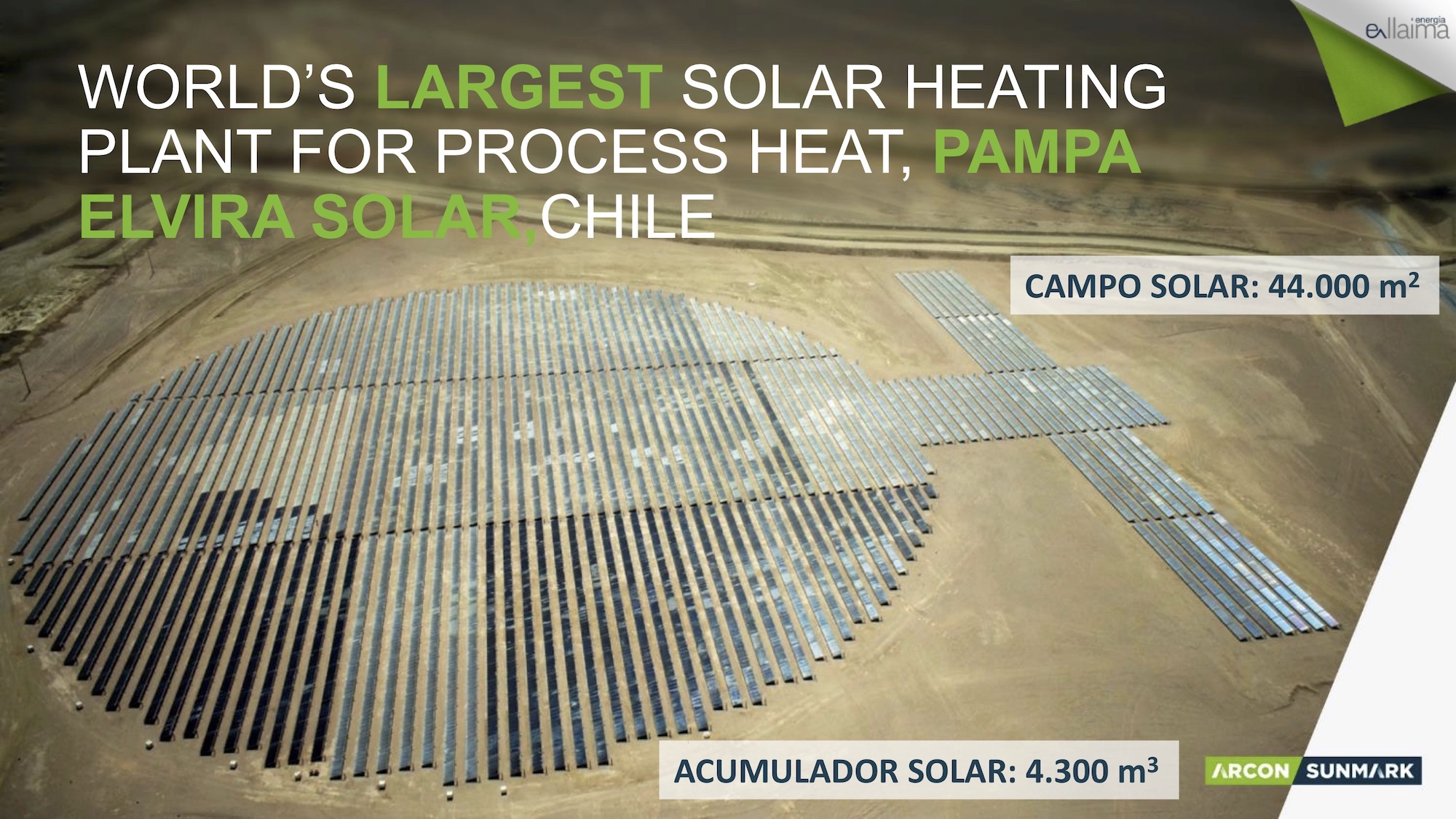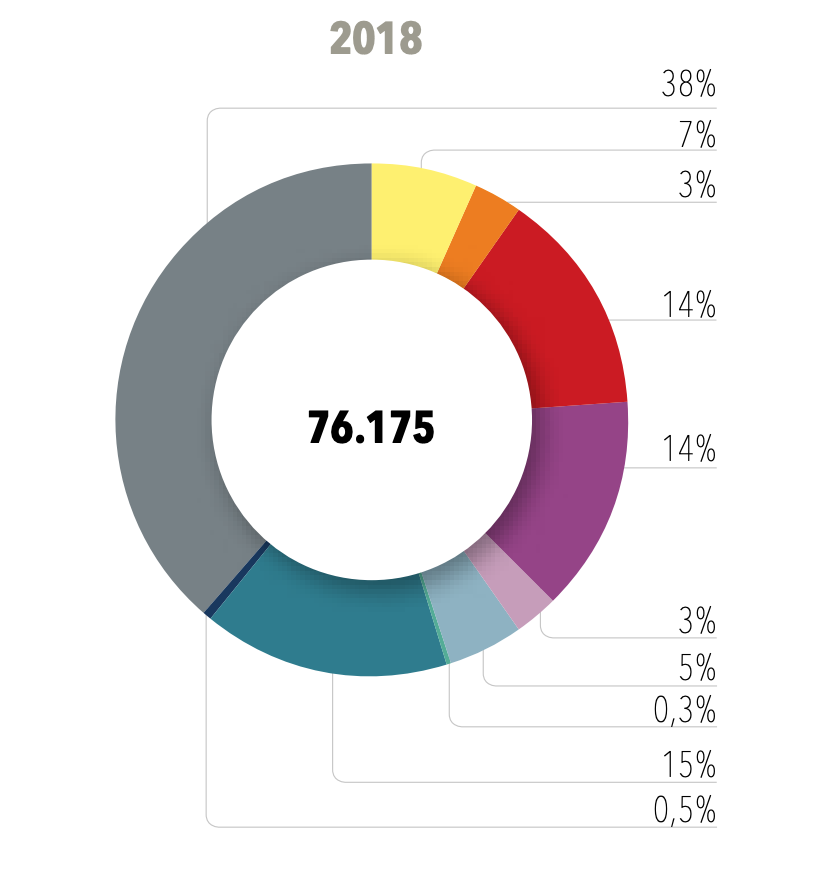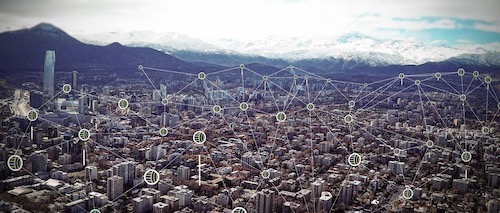Solar copper and electromobility in the blockchain era
8 de
In its Gabriela Mistral Division, located in the heart of the Atacama Desert, Codelco owns the largest thermosolar plant in Latin America, which since 2013 has been supplying thermal energy to the electrowinning process for the production of cathodes. This energy avoids the emission into the environment of more than 15,000 tons of carbon dioxide (tCO2/year) and since this year has the certification “Sun Seal”, which through blockchain technology allows transparency to the end users of the products, that the energy was actually delivered to the electrowinning process.



An energy matrix based on hydrocarbons
When communicating with customers, many companies claim that one of their attributes is the use of renewable energies. However, the electricity they use is generated mostly from sources such as coal, gas and oil, according to data from the National Energy Commission. “Identifying the origin of energy and assigning it to a process is very important, since there is a shortage of clean energy in the market, so certifying its origin encourages this attribute to be real,” says Eduardo Soto, CEO of Phineal, the company that created the “Sun Seal. In addition, he adds that “much of the information from clean energy contracts is a bottomless bag if the origin of its sources is not assured, so energy traceability with blockchain becomes an important tool to establish the necessary balances and not duplicate or resell this renewable energy with its most important attribute, to come from clean sources”.


Ensuring the quality of information and turning it into an attribute transferable to end users allows the value chain to be completed and encourages the consumption of it. This is because customers are more and more informed about the good practices of companies and they value more and more the fact that companies are responsible in the different areas of their production.
Solar Copper in Electric Cars
Richard Aylwin, Director of Sustainable Energy and Climate Change at Codelco, comments that with this initiative the Corporation intends to evaluate the feasibility of blockchain technology in the traceability of a certain attribute -particularly in the solar thermal energy used by the Gabriela Mistral Division-, in order to facilitate its clients’ access to the information that supports it. In 2018, Codelco signed contracts with the German automobile company BMW and the European company Nexans, which acquire this metal with certification of their processes.

Did you like this article?
Subscribe and share



